Description
Introduction
Microsoft Dynamics 365 CRM is a versatile, cloud-based platform that integrates sales, customer service, marketing, and field service to improve customer engagement, drive sales, and enhance operational efficiency. Techno-Functional Microsoft D365 CRM: Implementation and Customization is a course designed to equip professionals with both technical and functional skills necessary for the effective deployment, customization, and optimization of Dynamics 365 CRM.
This course is ideal for individuals who want to understand the technical aspects of configuring and customizing Microsoft Dynamics 365 CRM, as well as the functional aspects such as managing business processes, sales, and service operations. By the end of this training, participants will be able to implement, customize, and manage Dynamics 365 CRM in alignment with business requirements, ensuring optimal user experience and enhanced CRM functionality.
Prerequisites
- Basic knowledge of CRM concepts and business processes.
- Familiarity with Microsoft Dynamics 365 CRM or any CRM software is advantageous.
- Understanding of business processes such as sales, marketing, and customer service.
- Basic understanding of database management and SQL.
- Experience with Microsoft Office 365, Power BI, and Azure is beneficial.
Table of Contents
- Introduction to Microsoft Dynamics 365 CRM
1.1 Overview of Microsoft Dynamics 365 CRM
1.2 Key Modules and Functionalities: Sales, Service, Marketing, and Field Service
1.3 Deployment Models and Licensing Options
1.4 Navigating the Dynamics 365 CRM Interface
1.5 Introduction to the Techno-Functional Role in CRM Implementation - Functional Aspects of Dynamics 365 CRM
2.1 Sales Management: Opportunities, Leads, and Accounts
2.2 Marketing Automation: Campaign Management and Lead Scoring
2.3 Customer Service: Case Management, SLAs, and Knowledge Base
2.4 Field Service: Scheduling, Resource Allocation, and Work Orders
2.5 Project Service Automation: Managing Projects and Resources
2.6 Understanding Customer Insights and Reporting - Technical Setup and Configuration
3.1 Customizing System Entities: Creating and Modifying Entities
3.2 Configuring Forms, Views, and Fields
3.3 Setting Up Business Rules and Workflows
3.4 Configuring Security Roles and User Permissions
3.5 Setting Up and Managing Teams and Business Units
3.6 Understanding System Administration and Settings - Advanced Customization Techniques
4.1 Using Power Apps for Custom Applications
4.2 Customizing Dashboards and Reports
4.3 Advanced Business Process Flows and Conditional Logic
4.4 Development with JavaScript and SDK for Dynamics 365
4.5 Using Plugins for Complex Business Logic
4.6 Creating and Managing Custom Entities and Relationships - Integrating Dynamics 365 CRM with Other Microsoft Services
5.1 Integrating with Microsoft Outlook and Office 365
5.2 Using Power Automate for Workflow Automation
5.3 Integrating with Power BI for Data Analytics and Reporting
5.4 Connecting Dynamics 365 CRM with Azure Cloud Services
5.5 Integration with Third-Party Applications via APIs and Web Services
5.6 Leveraging Common Data Service (CDS) for Data Integration - Data Migration and Data Management
6.1 Data Import and Export Techniques
6.2 Data Migration Tools and Best Practices
6.3 Ensuring Data Quality and Integrity
6.4 Managing Duplicate Records and Data Cleansing
6.5 Using Data Integration and ETL Tools for Migration
6.6 Handling Large Data Sets and Optimizing Performance - Business Process Automation and Custom Workflows
7.1 Designing Custom Business Process Flows
7.2 Automating Tasks and Approvals with Workflows
7.3 Using Business Rules for Data Validation and Logic
7.4 Creating and Managing Custom Alerts and Notifications
7.5 Automating Customer Engagement with Marketing Workflows
7.6 Advanced Workflow Customization Using Power Automate - Optimizing User Experience
8.1 Customizing User Interface: Forms, Views, and Dashboards
8.2 Personalizing the Dynamics 365 CRM for Different Roles
8.3 Creating User-Friendly Dashboards and Reports
8.4 Integrating Dynamics 365 CRM with Mobile Devices
8.5 Best Practices for Enhancing User Experience
8.6 Managing System Performance and Response Time - Testing and Quality Assurance of Microsoft D365 CRM
9.1 Testing Customizations and Implementations(Ref: Microsoft Dynamics CRM Portal Training for Customer Engagement)
9.2 User Acceptance Testing (UAT) Best Practices
9.3 Managing Change Requests and Enhancements
9.4 Ensuring Data Integrity During Customization
9.5 Troubleshooting Common Issues in Dynamics 365 CRM
9.6 Preparing for System Updates and Upgrades - Security and Compliance in Dynamics 365 CRM
10.1 Managing Security Roles and Permissions
10.2 Data Privacy and Compliance Considerations
10.3 Implementing Security Best Practices
10.4 Understanding Auditing and Compliance Features
10.5 Managing Access and Data Sharing
10.6 Enforcing Security Policies and Data Protection - Case Studies and Real-World Implementation of Microsoft D365 CRM
11.1 Case Study 1: Sales Process Automation
11.2 Case Study 2: Service Management Optimization
11.3 Case Study 3: Marketing Campaign Integration
11.4 Lessons Learned from Successful CRM Implementations
11.5 Key Considerations for Customization in Various Industries - Managing Ongoing CRM Projects and Maintenance
12.1 Continuous Improvement in CRM Systems
12.2 Upgrading and Maintaining Dynamics 365 CRM
12.3 User Training and Adoption Strategies
12.4 Managing Long-Term CRM Customization Projects
12.5 Building and Maintaining Documentation for Customizations
Conclusion
The Techno-Functional Microsoft Dynamics 365 CRM: Implementation and Customization course provides a deep understanding of how to implement and tailor Microsoft Dynamics 365 CRM to meet specific business needs. Participants will gain hands-on experience with configuring and customizing the system, from user interface personalization to complex business process automation. By blending both technical and functional aspects, this course ensures a comprehensive skill set for professionals in development, administration, and consulting roles.
With the skills learned in this course, you’ll be able to optimize customer relationship management, automate key processes, and drive business transformation using Microsoft Dynamics 365 CRM. Whether you are looking to enhance customer engagement, streamline sales, or improve service management, this course prepares you to successfully implement and customize CRM solutions across diverse industries.



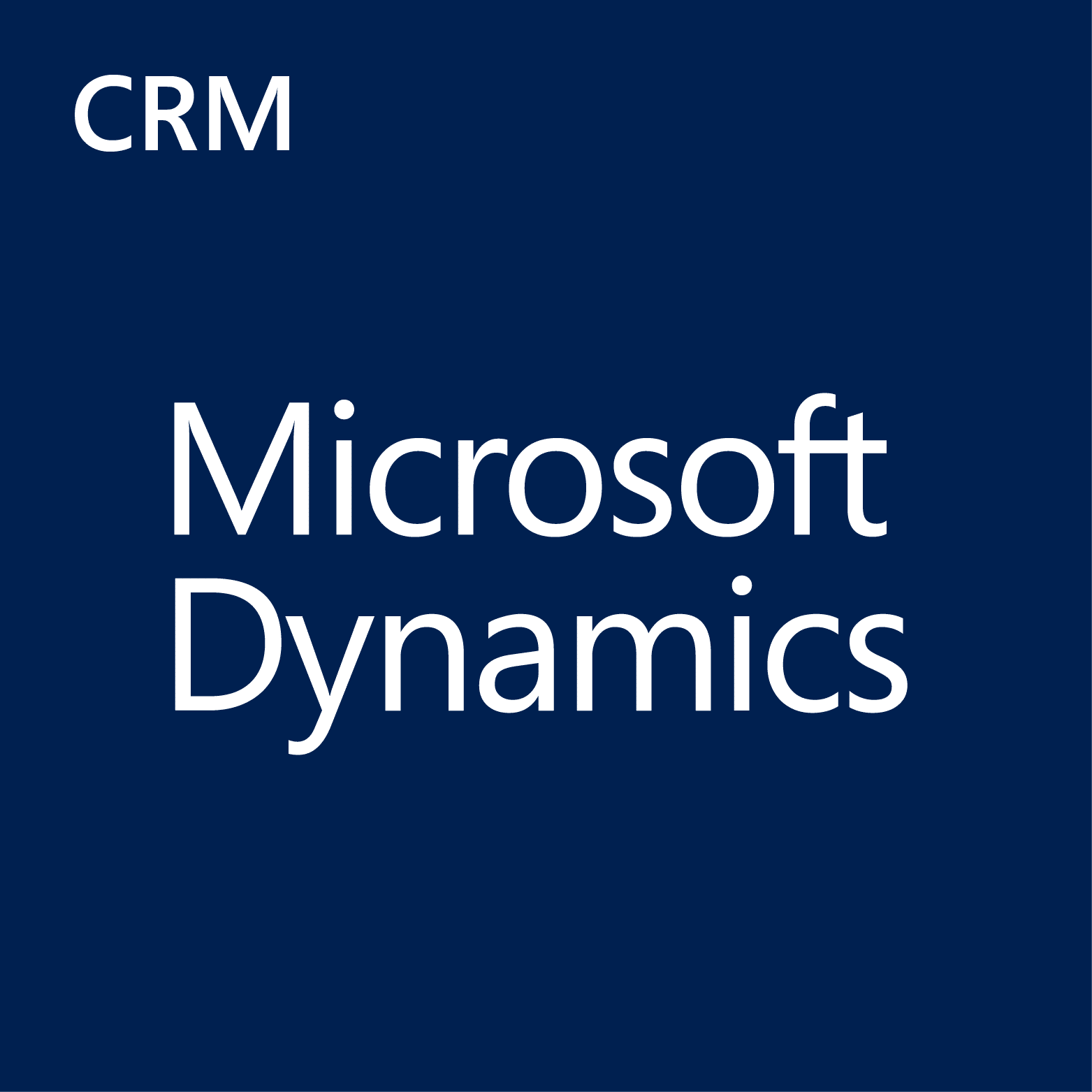
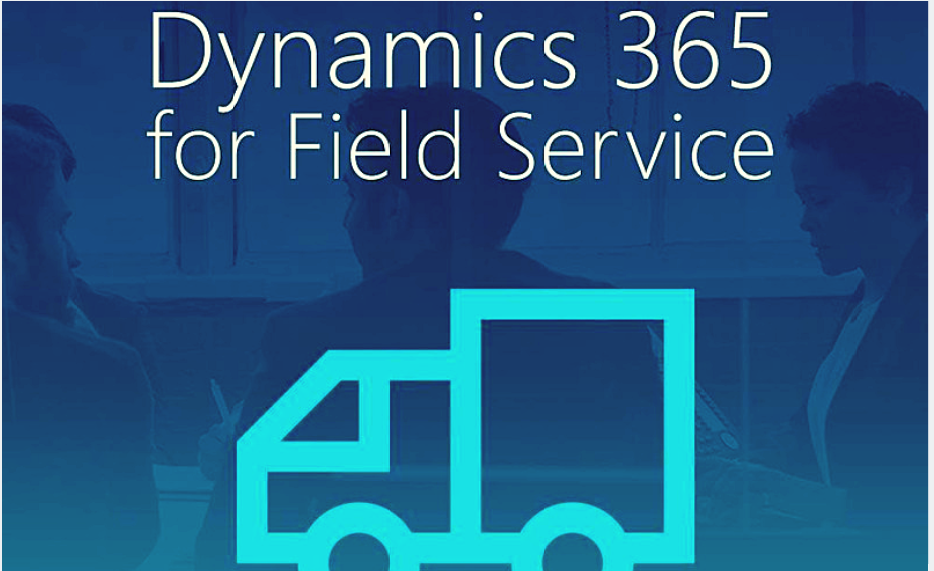


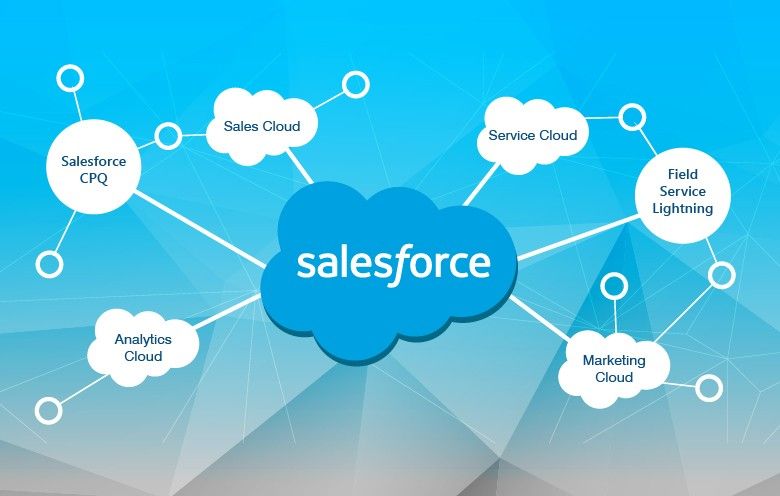
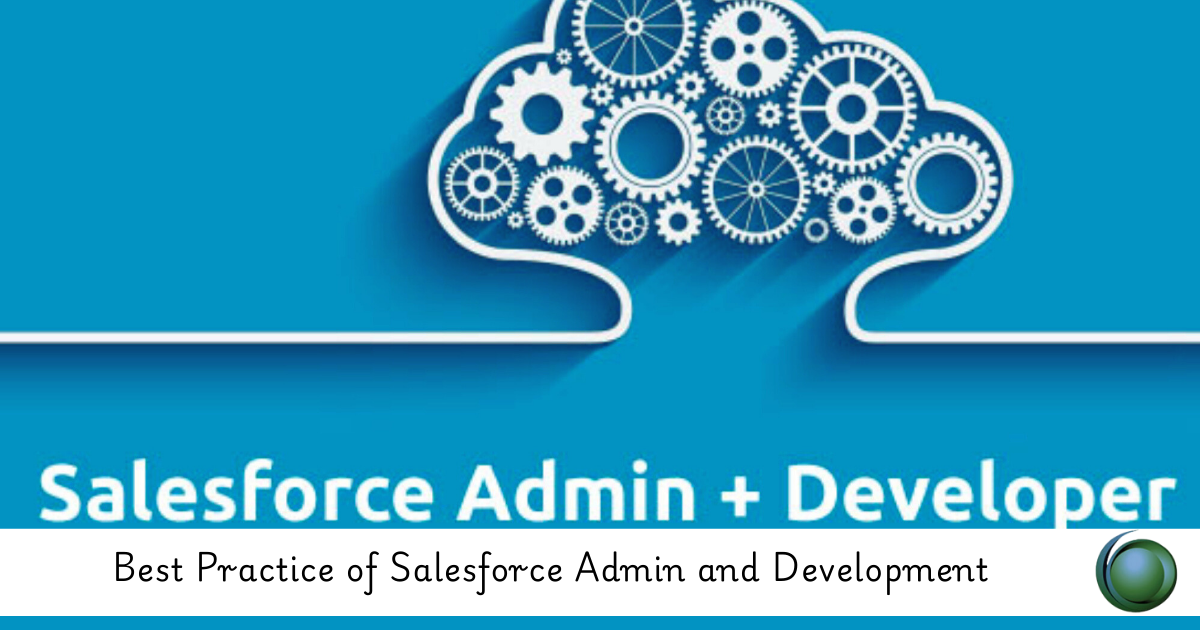
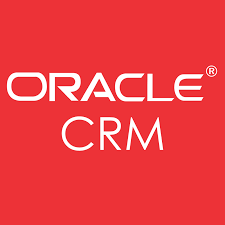
Reviews
There are no reviews yet.